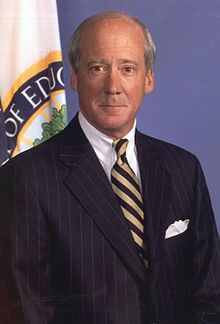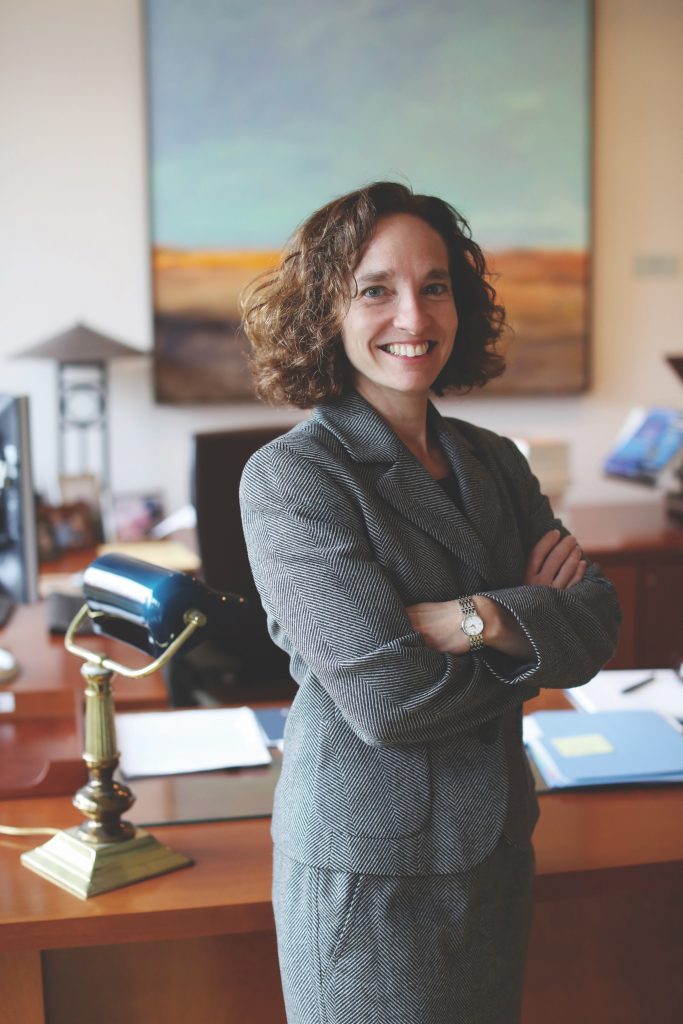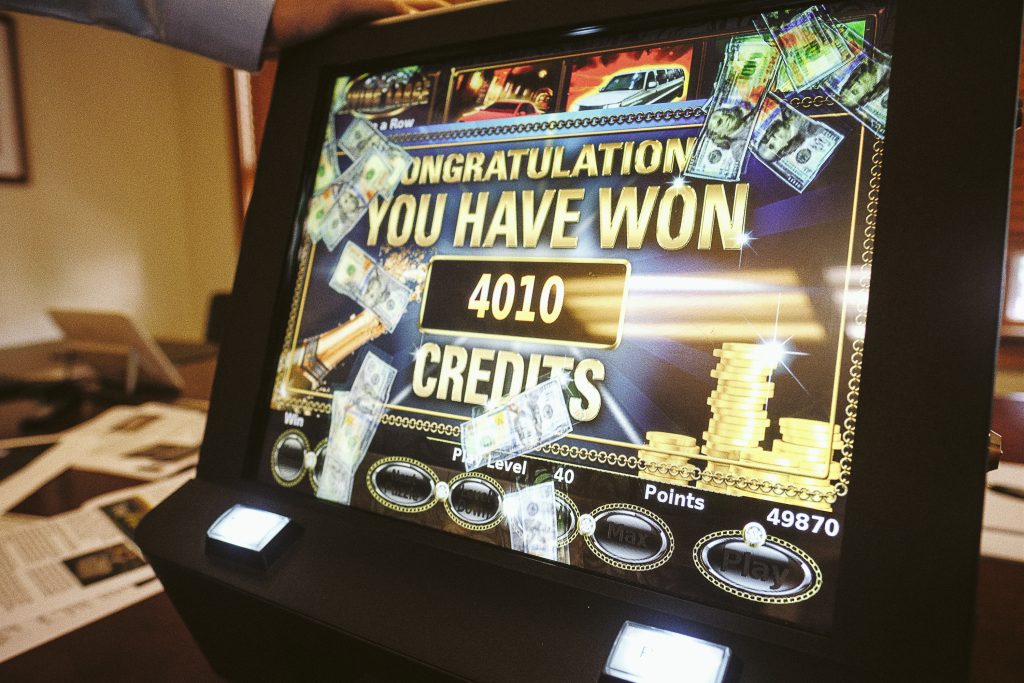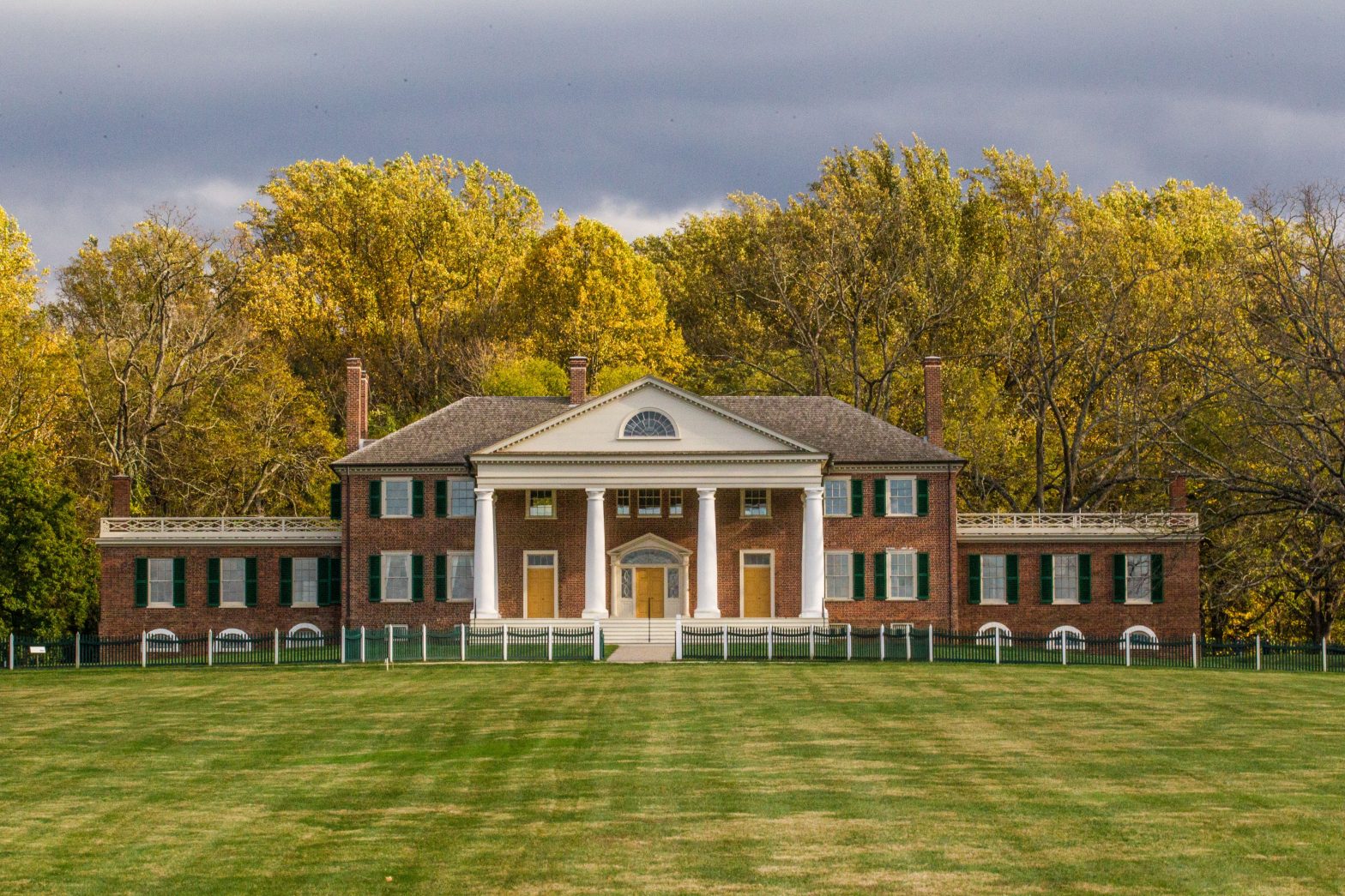Promise broken
The Montpelier Foundation board has revoked its promise to share governance of the historic property with descendants of the over 300 enslaved laborers who lived and worked there.
The foundation voted in June 2021 to change its bylaws and fill half the board of James Madison’s former home with members of the Montpelier Descendants Committee. Only three of the 16 current board members were committee-nominated; the board’s new vote denies the committee the ability to name any future members to the board, leaving it up to the board’s discretion.
“They really want a narrative that’s restricted to nothing that’s negative about James Madison,” said Matt Reeves, Montpelier’s director of archaeology, in a March 25 Washington Post story detailing the tension between the board and the committee.
Gene Hickok, chairman of the Montpelier Foundation board, told the Post that the board has faced challenges working with the committee, and seeks to select members from a larger pool of candidates.
“This is an effort to reset the process,” Hickok said. “It certainly doesn’t have the board backing away from parity. We are very committed to parity. The challenge has been organizationally getting there.”

Supplied photo.
A majority of the full-time staff at Montpelier issued a statement requesting the Montpelier Foundation board honor its promise of structural parity and also calling for an end to “the intimidation of staff,” which involved “implied or threatened retaliation” if staff failed to disclose communication with members of the descendants committee.
Paul Edmondson, chief executive of the National Trust for Historic Preservation, which owns Montpelier, wrote a letter to Hickok imploring him to not reverse the bylaws.
“We believe this change would undermine decades of important work that led to the formation of the committee in the first place, and in turn would set back Montpelier’s efforts to continue the necessary work of uplifting descendants’ voices, and repairing the relationship between the broader African American community and Montpelier, the former site of generations of enslavement,” he wrote.
In a press release from an attorney representing the committee, Dr. Bettye Kearse, one of the few members nominated to the board by the committee, emphasized the Montpelier Descendants Committee’s continued commitment to the Montpelier Foundation, researching the history of the estate, and coming up with projects.
“Montpelier is not the board, but the board must be receptive to substantive change for Montpelier to survive and thrive,” she said.—Maryann Xue
Praising KBJ
UVA School of Law Dean Risa Goluboff testified last Thursday at a hearing on the U.S. Supreme Court nomination of Judge Ketanji Brown Jackson, whom she has known both personally and professionally for more than 20 years.
Goluboff remarked that “the Supreme Court and the nation will benefit enormously from the keen intelligence, impeccable integrity, broad experience, and intellectual open-mindedness of a Justice Jackson.”

Supplied photo.
If appointed, Jackson would be the first Black woman to sit on the Supreme Court. Goluboff noted that while it is a “happy coincidence” that Jackson shares a birthday with her role model Constance Baker Motley, the first Black woman to serve as a federal judge, it is far more “causal” that Jackson shares Motley’s status as a trailblazer, citing Motley’s work in paving the way.
Referring to the more than 500 cases over which Jackson has presided, Goluboff emphasized Jackson’s consistent commitment to precedent, procedural consistency, and doing justice under the rule of law, regardless of the positions or political affiliations of the parties.
“These traits place Judge Jackson in the heartland and in the mainstream of the American judicial tradition,” Goluboff said.
Goluboff also spoke of Jackson’s similarities to retiring Justice Stephen Breyer, for whom both women clerked, comparing their deeply held patriotism and dedication to public service as well as their interest in hearing the views of others.
“If you confirm Judge Jackson, as I urge you to do, those virtues, both personal and judicial, will indeed remain with the court, much to the benefit of us all,” Goluboff said.—Maryann Xue
Skill games, now unregulated, return to Charlottesville
Skill games—the flashing, whirring, casino-adjacent electronic consoles—are making a comeback in the convenience stores and gas stations of Charlottesville.
The machines’ legal status in Virginia has gone through a series of swings: The once-banned games were granted a temporary reprieve until July of 2021, with their tax revenue used to pad the coronavirus relief fund. The ban was then reengaged, until they became legal again last December when a judge blocked the commonwealth from enforcing the ban. The state no longer collects data on where these games are located and how much revenue they generate, and the state doesn’t tax them.
Virginia ABC’s April 2021 report says, at that time, there were 380 skill game machines in Virginia’s region 9, which includes the City of Charlottesville and 10 surrounding central Virginia counties. In just the month of February 2021, region 9 spent $7,889,460 on these machines.
When C-VILLE stopped by the 7-day on Maury Avenue last Tuesday afternoon, there was already a line to use its two machines. The Exxon on Cherry Grove has a couple of machines, and the Lucky 7 on Market Street also has a large bank.
Currently, the commonwealth allocates just 2.5 percent of revenue generated from sports betting toward its Problem Gambling Treatment and Support Fund. Governor Glenn Youngkin has shown no interest in trying to ban or regulate skill game machines, although he did join Virginia Council on Problem Gambling in proclaiming March as Problem Gamblers Awareness Month.
A handwritten sign hangs above the machines at Lucky 7, reading “Please do not bring your children here to babysit while you gamble.” Legislators and regulators have debated whether or not the machines constitute gambling—we consider Lucky 7’s input decisive.—Eshaan Sarup

Skill games are ready and waiting for players at convenience stores throughout the city.
Photo: Eze Amos
In brief
IV bar opens downtown
A visit to the newest bar in downtown Charlottesville won’t leave you with a hangover. In fact, it might help cure one! The DripBar on Water Street now offers intravenous vitamin therapy that proponents say can help with weight loss, anxiety, and headache relief, among other benefits. DripBar is the second IV business to open in town, joining Well Room. The DripBar’s IV options include The Soother, for physical and mental tension, and The Time Machine, an allegedly anti-aging concoction.
Alex Jones settles Unite the Right suit
Conspiracy theorist and Infowars.com host Alex Jones has agreed to pay $50,000 to settle a lawsuit brought against him by Brennan Gilmore, a former U.S. Foreign Service officer who witnessed and recorded the car attack that killed Heather Heyer and injured dozens of others. In a draft order, Jones admits he defamed Gilmore and retracts statements implicating Gilmore in the crime.
Masks off at UVA
Two years since the pandemic began, and UVA students and faculty can now attend classes both in person and mask-free. The change in the university’s mask policy went into effect on Monday, March 28. In addition to making masks optional in classes and in non-clinical UVA Health settings, the school is making masks optional at indoor and outdoor graduation events in May. An email to the university community from UVA Provost Ian Baucom and UVA COO J.J. Davis urges everyone to be considerate. “UVA community members are encouraged to carry a mask in case they are asked to wear one,” they write.
